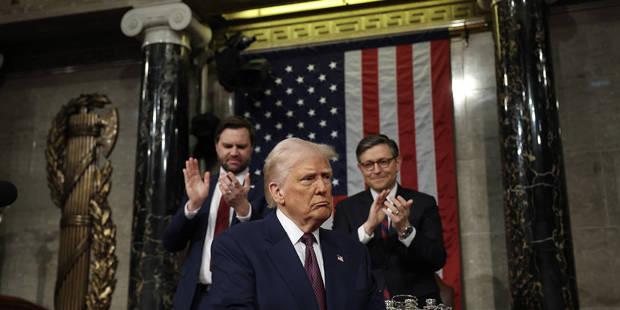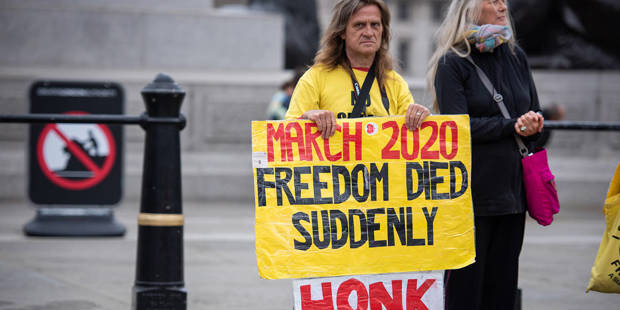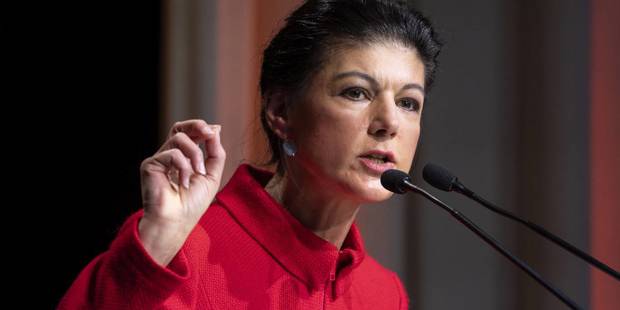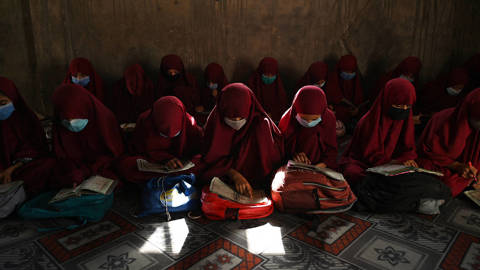Jan-Werner Mueller
Jan-Werner Mueller, Professor of Politics at Princeton University, is the author, most recently, of Democracy Rules (Farrar, Straus and Giroux, 2021; Allen Lane, 2021).
-
America’s Grotesquely Mediocre Emperor

America’s Grotesquely Mediocre Emperor
Mar 6, 2025 Jan-Werner Mueller considers whether there is anything to learn from analogizing Donald Trump to Napoleon.
-
Normalizing the Normalization of the Far Right

Normalizing the Normalization of the Far Right
Feb 17, 2025 Jan-Werner Mueller explores the most common justifications that politicians offer for working with anti-democratic forces.
-
Confronting the Pandemic’s Toxic Political Legacy

Confronting the Pandemic’s Toxic Political Legacy
Jan 27, 2025 Jan-Werner Mueller supports calls for countries to carry out independent inquiries into how the COVID-19 crisis was handled.
-
When the Left Goes Far Right

When the Left Goes Far Right
Nov 4, 2024 Jan-Werner Mueller considers what drives some politicians to reverse their political allegiances.
-
Populism’s Lost Summer

Populism’s Lost Summer
Aug 16, 2024 Jan-Werner Mueller explains how to defeat far-right, anti-democratic parties in the public square and at the ballot box.








